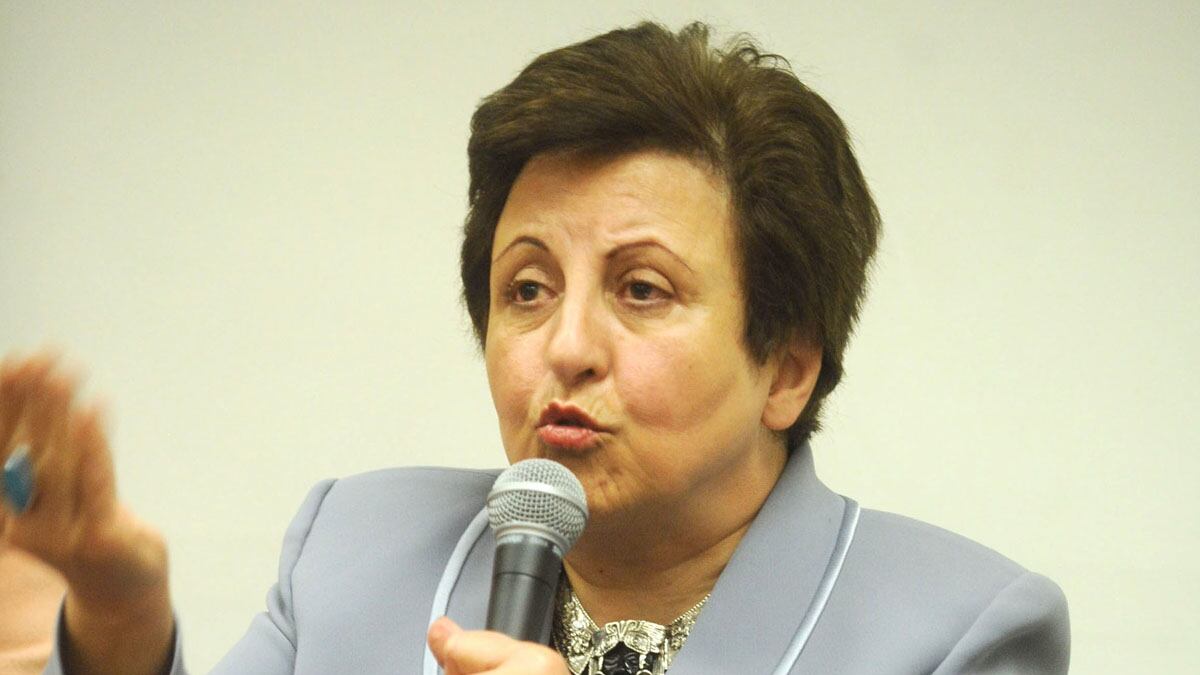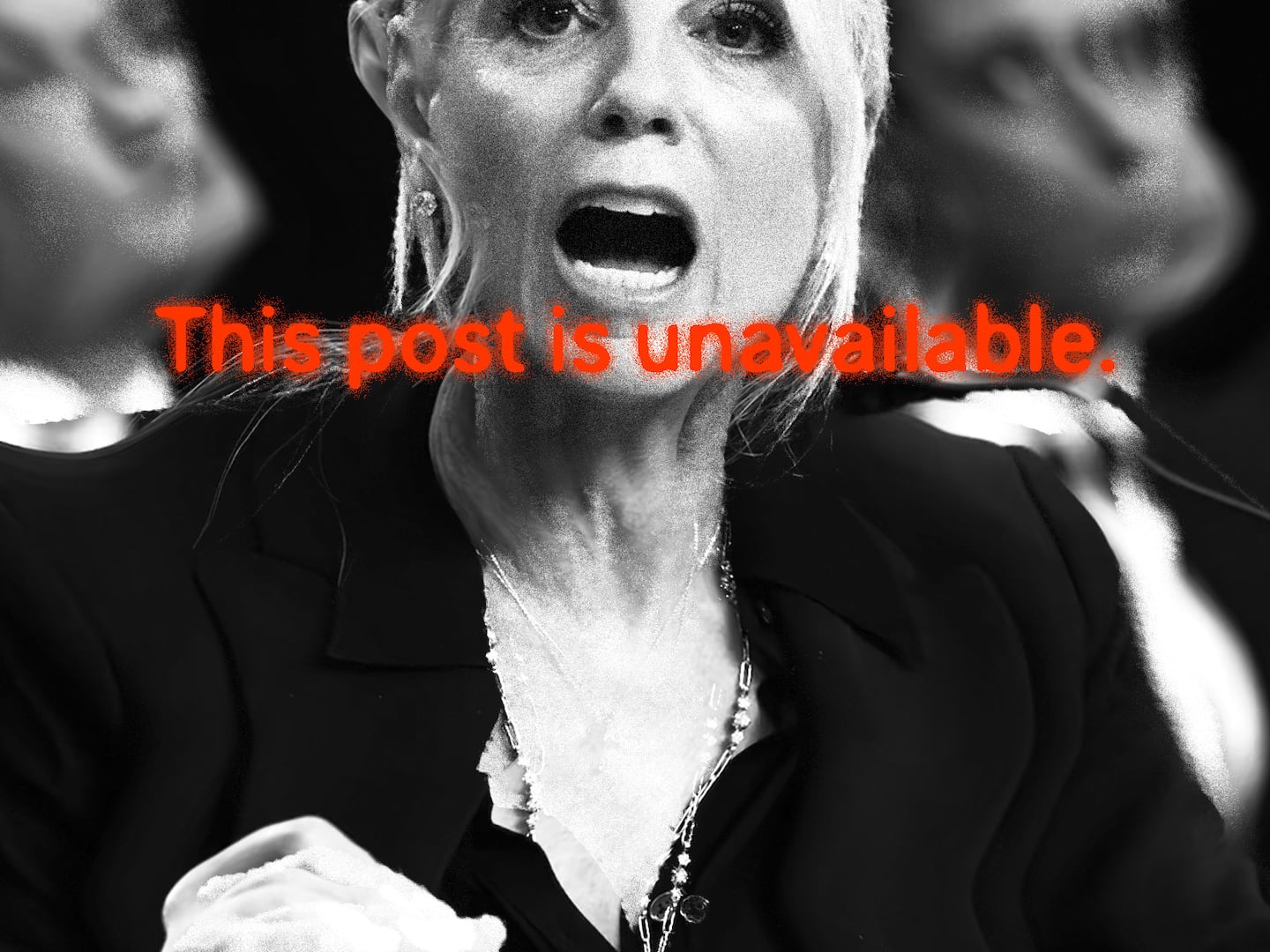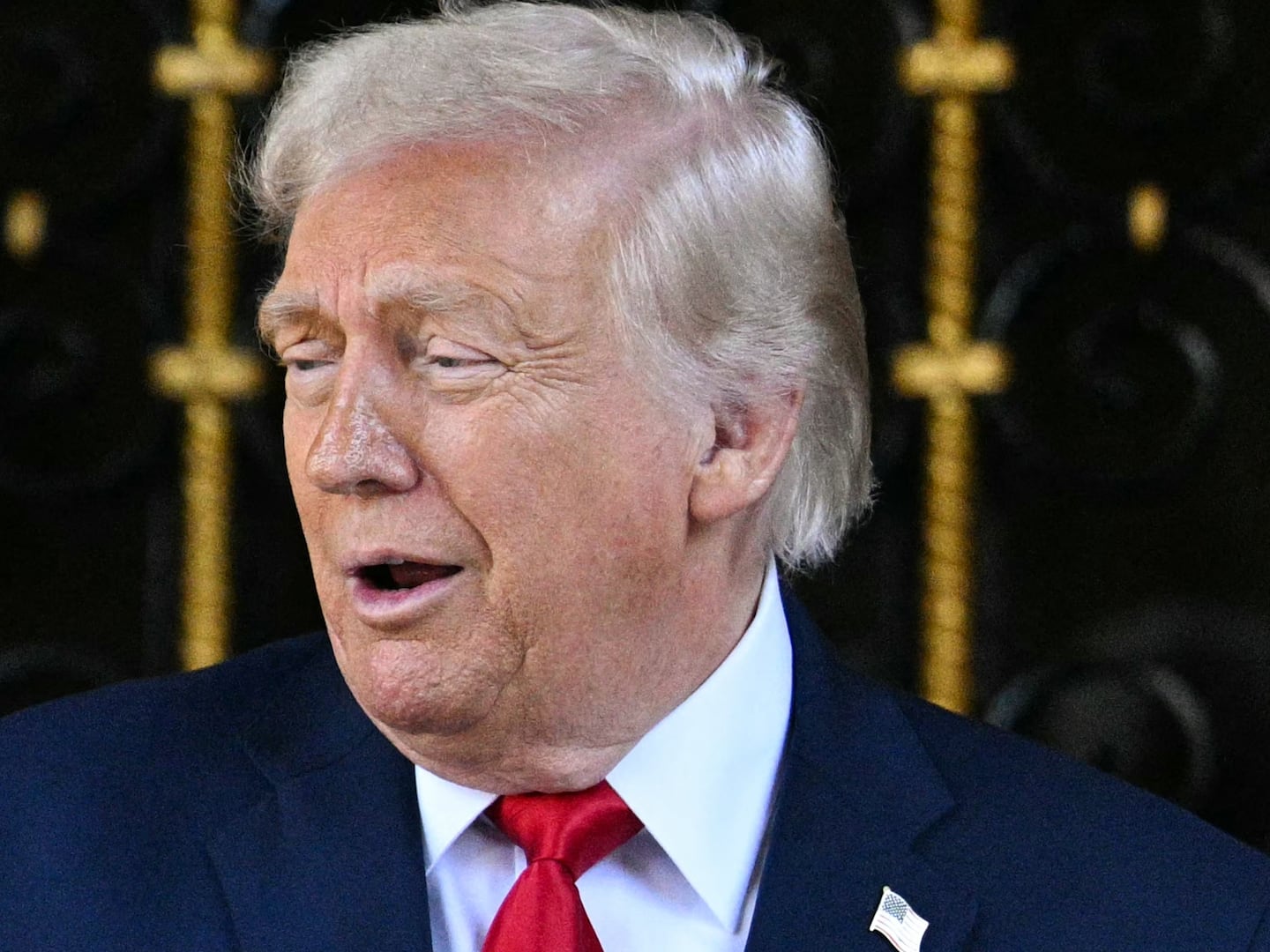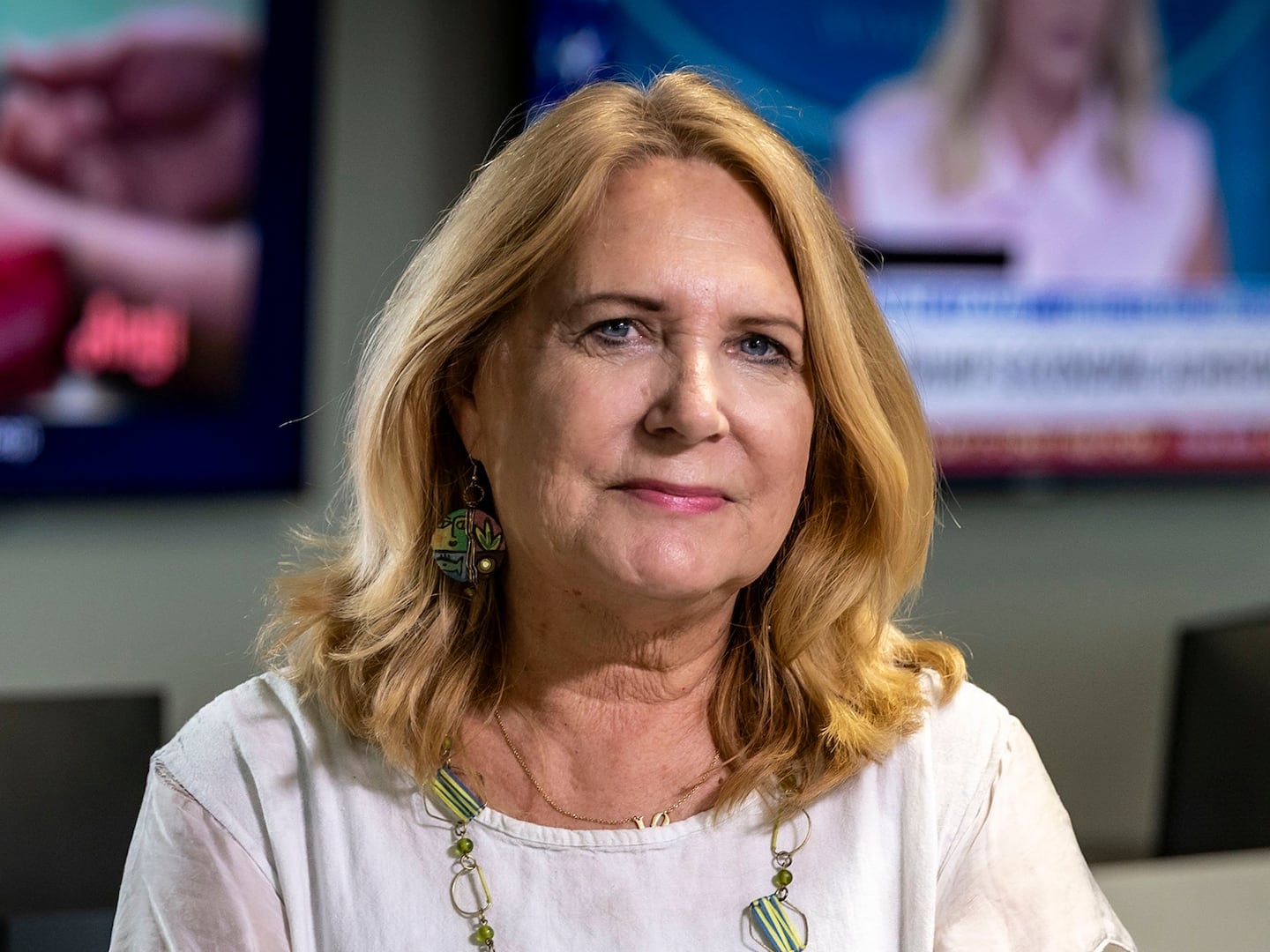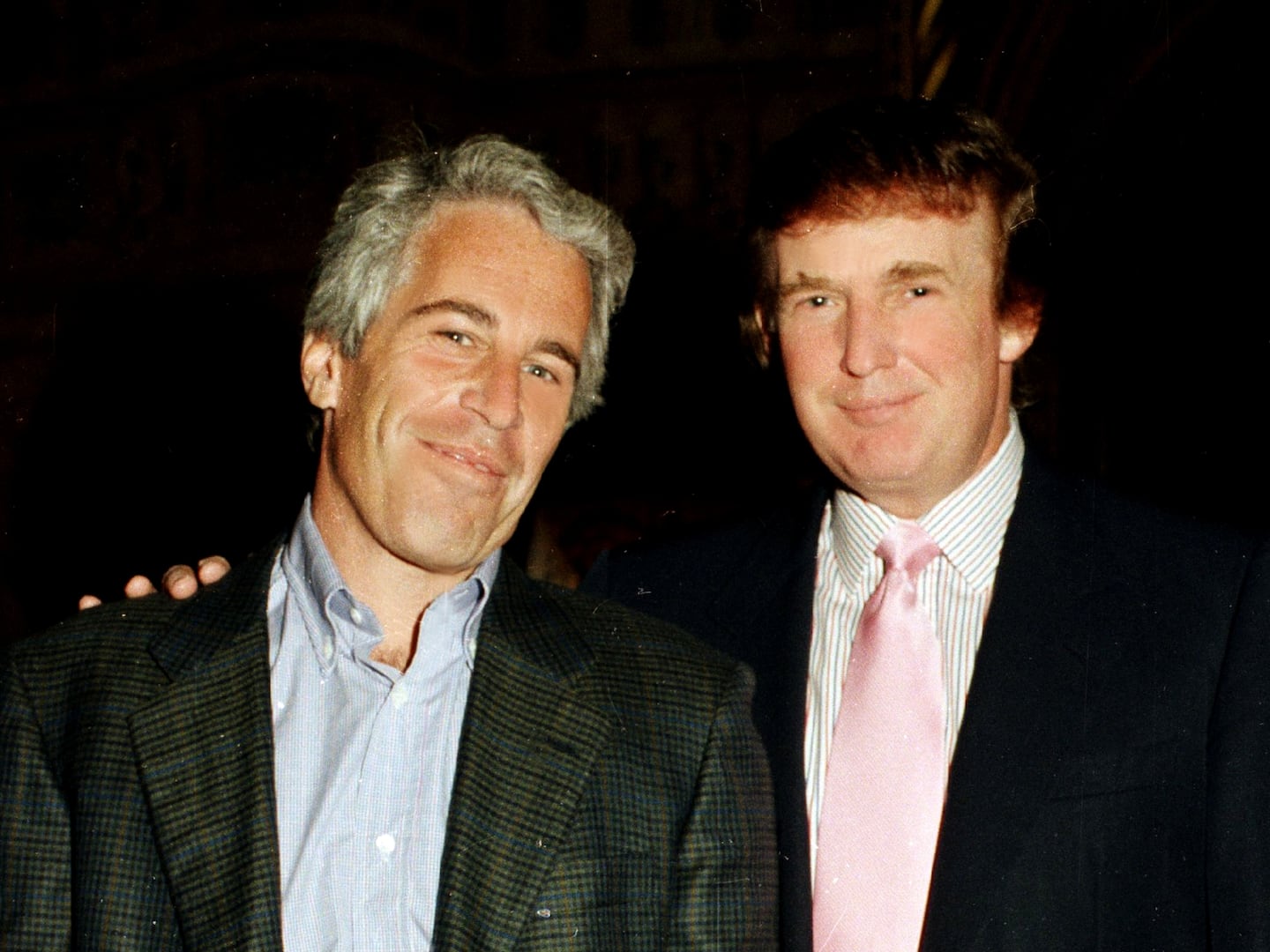Almost a decade ago, Shirin Ebadi, an Iranian human-rights lawyer, became the first Muslim woman to win the Nobel Peace Prize. But the government in Tehran has never taken kindly to her criticism of the regime, especially in regard to women’s rights. In the aftermath of the Islamic Republic’s highly contested 2009 presidential elections, as Tehran continued its brutal crackdown against protesters, Ebadi was forced to live in exile in the U.K. Her assets were frozen and her Nobel Peace Prize was allegedly confiscated.

Now, as representatives from Iran, the United States, and other world powers resume negotiations over Tehran’s nuclear-enrichment program, Ebadi, 64, and her translator spoke with The Daily Beast about the grind of economic sanctions, whether Iranians support the regime’s nuclear program, and more.
Your most recent book, The Golden Cage, is about three brothers whose rigid ideologies lead them astray. Is this what’s going on with Israel, the United States, and Iran?
Yes. That’s why I published this book. If one limits oneself to a framework and does not see problems outside of that, certainly there will be problems in resolving this issue.
Many observers have been cautiously optimistic ahead of the most recent round of peace talks. Is this justified?
History shows that Iran wants to buy time. Before the negotiations started, [Iranian President Mahmoud] Ahmadinejad said that [Iran] would not forgo 20 percent enrichment, therefore I don’t understand what they want to talk about.
What sort of impact have the recent round of sanctions—along with the headlines about the possibility of war—had on Iran?
The pressure on Iran has always existed, so there is nothing new about that. But the sanctions have impacted the economy a lot. The sanctions have hurt the people of Iran. The result has been the worsening of their economic situation.
Do people in Iran still support the country’s nuclear program?
The people want to stop enrichment but the government doesn’t listen. Iran is situated on a fault line and people are scared of a Fukushima type of situation happening. We want peace, security, and economic welfare, and we cannot forgo all of our other rights for nuclear energy.
Do you think the regime is trying to create nuclear weapons?
The government claims it is not making a bomb. But I am not a member of the government, so I cannot speak to this directly. The fear is that if they do, Israel will be wiped out.
Are you afraid that Israel will attack Iran if the current round of peace talks aren’t successful?
I’m not concerned. I don’t think Israel has the ability to do so. I don’t think that America is in a position to face another war. These countries both know that there will be heavy consequences for attacking Iran. Iran is not like Iraq. The military is much more powerful.
What could stop the regime from pursuing its nuclear goals?
If the Iranian people are able to topple the government, this could improve the situation. [In 2009] the people of Iran rose up and were badly suppressed. Right now, Iran is the country with the most journalists in prison. This is the price people are paying.

